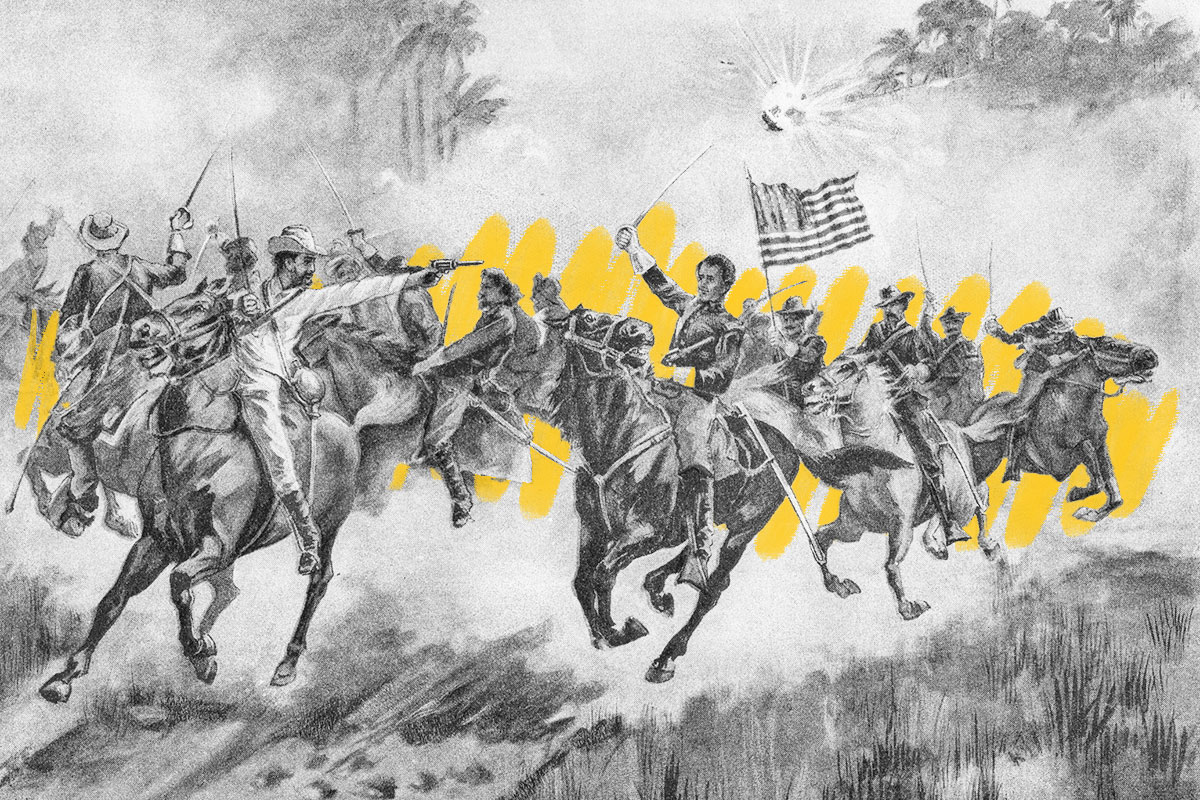Every time the U.S. declared war
Thursday, April 25, 2024
 |
Congress has formally declared war 11 times. |
U.S. History |
 |
| |
| The U.S. then became involved in World War I after taking up arms against Germany in April 1917, and Austria-Hungary the following December. Although the Ottoman Empire, Bulgaria, and other nations joined the Central Powers, the U.S. only officially declared war against Germany and Austria-Hungary. A few decades later, the U.S. made six unanimous war declarations in two years, marking its entrance into World War II. Congress declared war on Japan on December 8, 1941, followed by Germany and Italy on December 11, 1941. Six months later, on June 4, 1942, Bulgaria, Hungary, and Romania were added to the list. Although the U.S. has been involved in numerous military operations around the world since the Second World War, 1942 marked the last time Congress officially declared war against another nation. | |
 | |||
| |||
Hurry! Babbel's Countdown to Summer Sale Ends Today: 60% Off Lifetime Subscription | |||
| Thank you for supporting our sponsors! They help us keep History Facts free. |
 | |||||||||
By the Numbers | |||||||||
| |||||||||
| |||||||||
 | |||||||||
| |||||||||
Key West "declared war" on the U.S. in the 1980s. | |||||||||
| On April 23, 1982, the city of Key West declared its independence from the U.S. as a political stunt, calling itself the Conch Republic micronation. The move was made based on claims that the federal government was significantly disrupting the community with a new Border Patrol checkpoint (established to eradicate drug smuggling) that made the island's thruway nearly impassable and hampered tourism. Key West Mayor Dennis Wardlow was named prime minister of the Conch Republic, and the self-proclaimed micronation "declared war" on the U.S., though it was more of a symbolic move than a violent conflict. Accounts written about the day's events vary, but include protesters breaking a loaf of Cuban bread over a U.S. Navy officer's head and attacking a U.S. Coast Guard cutter with water balloons and conch fritters. | |||||||||
 | |||
Recommended Reading | |||
 | |||
| | |||
 | |||
| | |||
| + Load more | |||
| |||
| |||||||||
| Copyright © 2024 History Facts. All rights reserved. | |||||||||
| 700 N Colorado Blvd, #513, Denver, CO 80206 | |||||||||
posted by June Lesley at 4:01 AM
![]()
![]()
.png)





0 Comments:
Post a Comment
<< Home